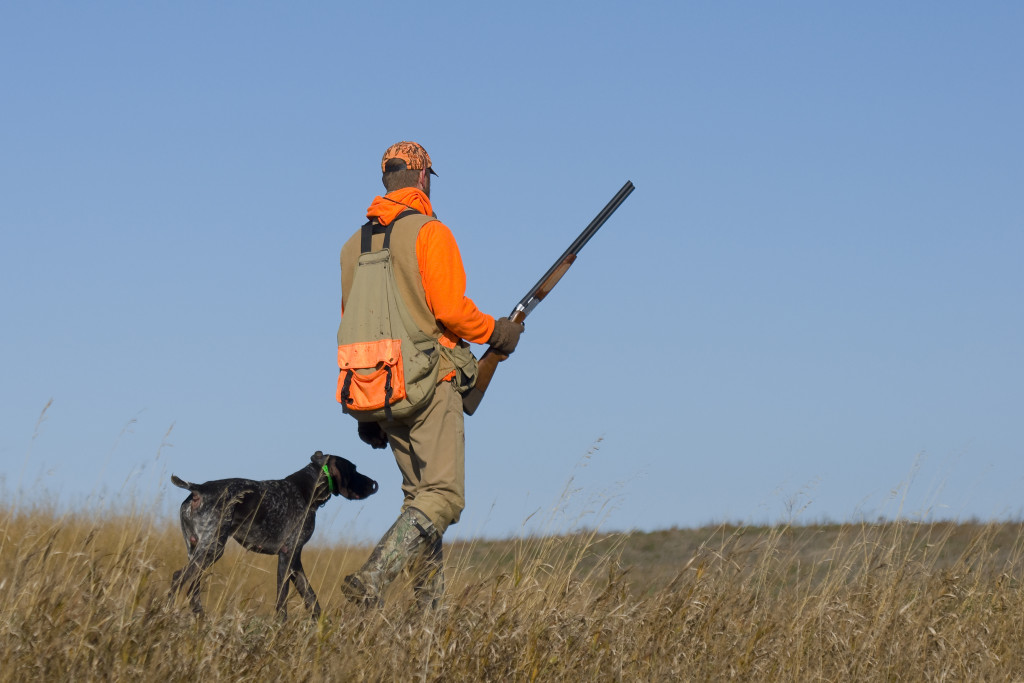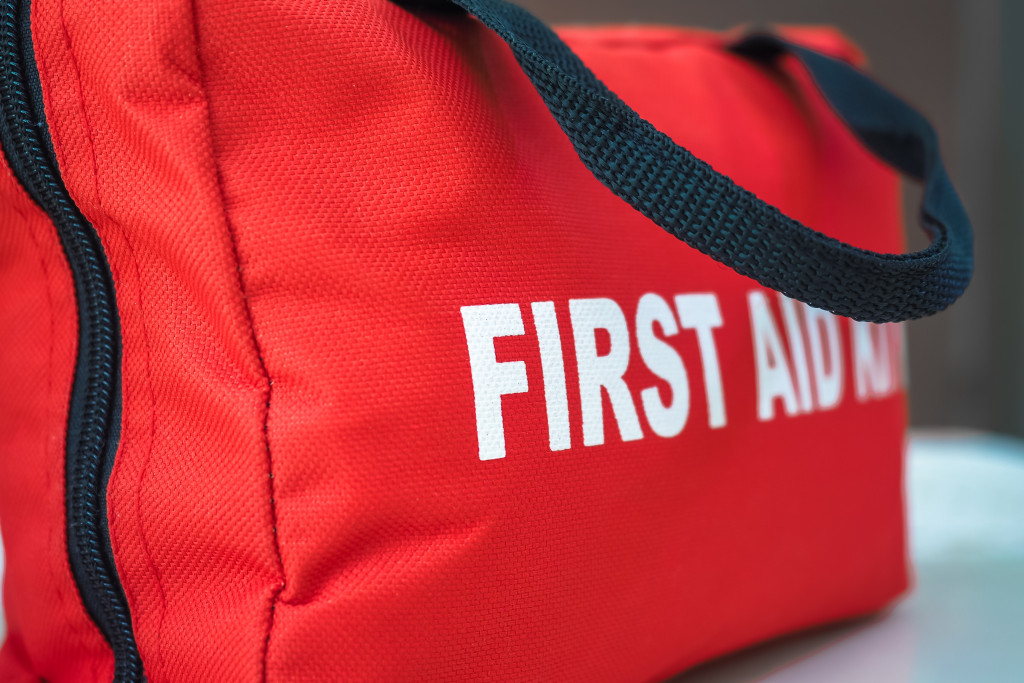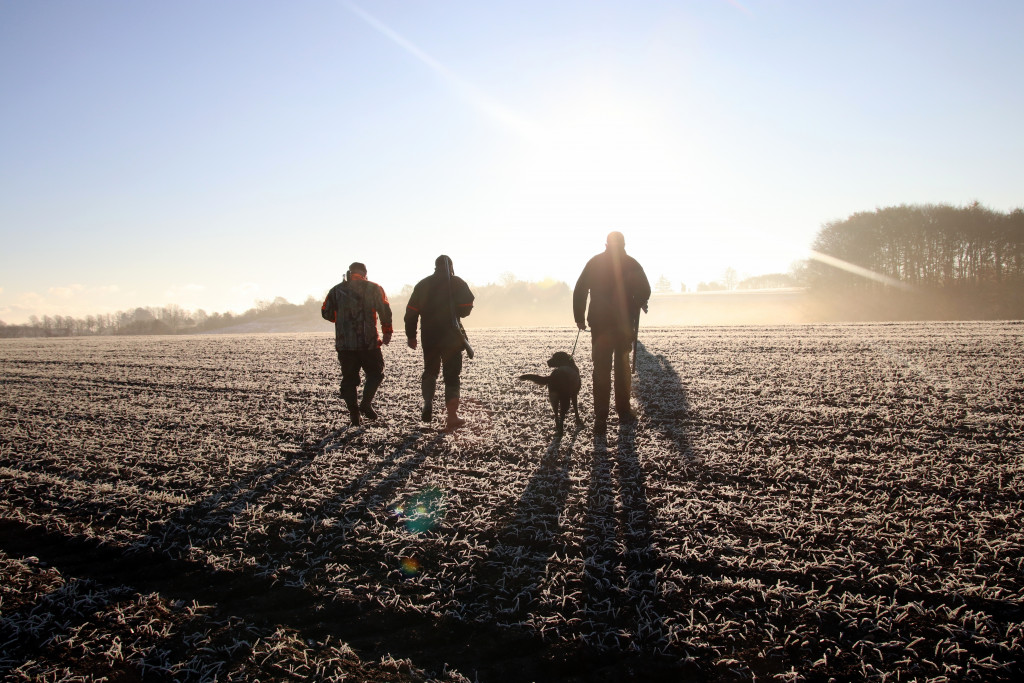- Mastering the art of tracking, understanding your prey’s behavior, and utilizing technology is vital for successful hunting.
- Building patience is crucial as hunting often involves long waiting periods, during which observation skills can be honed.
- Regular practice of shooting skills for accuracy, and understanding your weapon thoroughly, are key elements for an ethical and successful hunt.
- Prioritizing safety, staying physically fit and maintaining proper nutrition are essential for the well-being and effectiveness of the hunter.
As an avid hunter, you always seek strategies to enhance your hunting skills. Whether you’re a seasoned pro or a novice, there’s always room for improvement. Dive into some top tips that can take your hunting experiences to the next level. Be ready to learn about honing your tracking techniques, mastering the art of patience, and prioritizing safety above everything else.
Learn from Every Hunt
Every hunting expedition offers unique experiences and learning opportunities; reflecting on each hunt is crucial to gather insights and improve future outings. Here are some tips:
Mastering the Art of Tracking
The art of tracking is a key skill in hunting that often determines the success of your expedition. Seasoned hunters are masters in understanding and interpreting signs in nature, which help them predict the behavior of their prey. To improve your tracking skills:
- Familiarize yourself with the species you’re pursuing.
- Learn about their habits, feeding patterns, and favored habitats.
- Pay attention to the subtle signs in the environment like footprints, broken twigs, droppings, and feeding remains.
- Be patient and observant; with time, you’ll learn to read nature like a book.
- Make the best use of technology.
Modern tracking devices and apps can fuel your knowledge and help you make more accurate predictions. Tracking is a continuous learning process; every hunt adds to your experience and sharpens your skills.
Patience is Key
Patience is an essential attribute for any successful hunter. In hunting, things rarely happen quickly. You might spend hours, or even days, waiting for the perfect opportunity. Embrace this waiting period as a chance to connect with nature and observe its beauty. Understand that your prey is a part of this ecosystem and moves according to its natural rhythms.
This waiting period is also a perfect time to hone your observation skills. Practice quiet mindfulness and cultivate a sense of calmness and patience. Rushing can lead to errors, scare your prey away, or even cause dangerous situations. Patience isn’t just a virtue, it’s a requisite in hunting.
Choosing the Right Equipment

Choosing the right hunting gear is as essential as developing your hunting skills. Reliable, high-quality equipment can significantly enhance your hunting experience and success rate. Among your equipment, one item that deserves special attention is your hunting knife. This versatile tool serves multiple purposes from field dressing your game, and cutting branches or ropes, to self-defense in emergencies. Invest in high-quality knives for hunting to ensure effectiveness and durability.
A good hunting knife is sharp, easy to handle, and robust enough to withstand harsh outdoor conditions. Also, it’s worth mentioning that maintaining your gear, especially your knife, is paramount. Regular cleaning, sharpening, and proper storage will ensure your knife’s longevity and optimal performance. Remember, a well-equipped hunter is a confident and successful hunter. And a top-tier hunting knife is a wise investment that pays off in the long run.
Practicing Shooting Skills
Practicing your shooting skills regularly is essential for any hunter. Whether using a bow or firearm, precision and accuracy are key for an ethical and successful hunt. Start by learning about your weapon thoroughly. Understand its characteristics, maintenance requirements and safety measures.
Spend time at a shooting range, practicing your aim and adjusting your stance until you feel confident. Shoot from various distances and angles to mimic real hunting scenarios. Use targets that resemble the size and shape of your prey.
This improves your accuracy and helps you understand how your weapon behaves under different conditions. Remember, consistency is key. Regular practice makes you familiar with your weapon, sharpens your aim, and boosts your confidence, all crucial for a successful hunt.
Prioritize Safety

Safety should always be the top priority in every hunting expedition. As a hunter, you should be well-versed in safely handling and operating your weapon, whether a firearm or a bow. Always keep your weapon pointed in a safe direction and ensure it’s unloaded when not in use. Familiarize yourself with the hunting regulations in your area and strictly adhere to them.
Also, remember to wear hunter-orange clothing for visibility to other hunters. Carrying a first aid kit and knowing basic procedures are equally important. In case of emergencies, being able to provide immediate care until professional help arrives can be a lifesaver.
Lastly, always inform someone about your hunting plan, including the location and expected return time. Prioritizing safety ensures a successful hunt, but more importantly, your well-being and that of others around you.
Stay Physically Fit
Staying physically fit is fundamental to becoming a skilled hunter. The terrain and conditions during hunting can be demanding, requiring both stamina and strength. Regular physical exercise can improve cardiovascular health, build muscle strength, and boost endurance, valuable when tracking prey or hauling gear through the wilderness.
Whether it’s trekking, weightlifting, or cardio workouts, choose an exercise regimen that fits your lifestyle and stick to it. Also, practicing balance and flexibility exercises can help you navigate uneven terrains and respond quickly to unpredictable situations. Lastly, proper nutrition and hydration are key to maintaining energy during long hunting sessions.
Consuming a balanced diet and staying well-hydrated can help ensure your body is ready for the physical demands of hunting. In essence, physical fitness is not just about enhancing your hunting performance, but also about ensuring a healthy and active lifestyle.
Becoming a master hunter requires continuous learning, patience, the right gear, consistent practice, safety awareness, and physical fitness. Each hunt is a new opportunity for growth and refinement. So, get out there, apply these tips, and elevate your hunting skills to new heights. Happy hunting!

